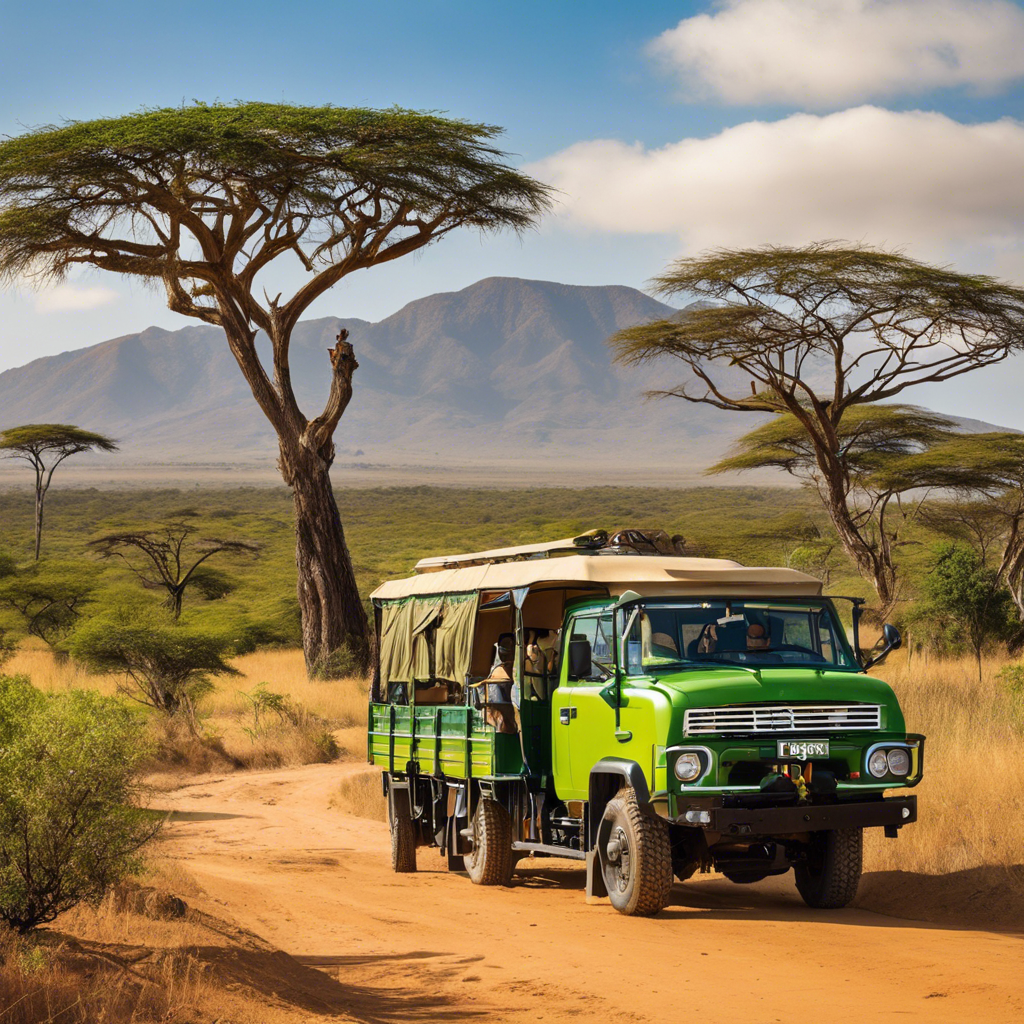The vast and diverse continent of Africa beckons travelers seeking immersive experiences in nature while supporting local communities and conservation efforts. Eco-tourism, when done responsibly, offers a sustainable approach to exploring Africa’s breathtaking landscapes and rich cultural heritage. Here are some essential tips for travelers to ensure their journey contributes positively to the environment and local communities:
When planning an eco-trip to Africa, it’s crucial to choose a reputable and sustainable tour operator. Opt for companies that are committed to responsible practices, such as employing local guides, minimizing waste, and contributing to conservation initiatives. By supporting these operators, you directly impact the local economy and ensure that your trip aligns with sustainable principles.
Africa is endowed with an astonishing variety of natural habitats, from the majestic savannas of Kenya and Tanzania to the lush rainforests of Uganda and the Congo. When visiting these pristine areas, respect the environment by following designated trails, avoiding littering, and maintaining a respectful distance from wildlife. Remember, you are a guest in their natural habitat, and your actions can influence the delicate balance of these ecosystems.
Immerse yourself in the local culture by engaging with community-based tourism initiatives. Many African countries offer authentic experiences, such as village homestays, local craft markets, and cultural performances. By participating in these activities, you contribute directly to the economic empowerment of local communities and gain a deeper understanding of their traditions and customs.
Africa’s diverse wildlife is a significant draw for travelers, but it’s essential to view them responsibly. Opt for wildlife sanctuaries and rehabilitation centers that prioritize animal welfare and conservation over entertainment. Avoid activities that exploit animals, such as elephant riding or interacting with captive wild animals. By making ethical choices, you support the long-term survival of Africa’s incredible biodiversity.
Africa is a continent of breathtaking landscapes and rich cultural heritage, and its people are its heartbeat. Respect local customs and traditions wherever your travels take you. Dress modestly and ask for permission before taking photographs of locals. Learn a few basic phrases in the local language to show your respect for their culture, and always ask about any cultural nuances or taboos to avoid unintentional offenses.
When visiting African communities, whether rural or urban, it’s essential to follow sustainable shopping practices. Support local artisans and businesses by purchasing directly from them, ensuring that your money goes into the right hands. Look for fairly traded goods, and be mindful of bargaining, as a few dollars may significantly impact the seller’s livelihood.
Africa offers a myriad of transportation options, and making sustainable choices can reduce your carbon footprint. Whenever possible, opt for land travel by train or bus instead of flying between destinations. Not only does this lower your carbon emissions, but it also provides an opportunity to enjoy the scenery and interact with locals along the way.
When it comes to accommodation, opt for eco-lodges and camps that embrace sustainable practices. These accommodations often use renewable energy, implement waste management systems, and employ locals, directly contributing to the conservation of the region. By choosing eco-friendly stays, you lessen your environmental impact and positively influence the sustainability efforts across the continent.
Africa is synonymous with adventure, and part of its allure lies in exploring the great outdoors. When planning your activities, lean towards nature-based options that minimize environmental impact, such as hiking, biking, or kayaking. These experiences allow you to connect with nature, foster a sense of exploration, and often contribute to local conservation efforts.
Water is a precious resource, and responsible water usage is crucial when traveling in Africa. Many areas face water scarcity, so be mindful of your consumption. Take short showers instead of baths, reuse towels and linens, and ensure taps and toilets aren’t leaking. By conserving water, you directly contribute to the welfare of local communities and the environment.
Africa casts a spell with its majestic landscapes, abundant wildlife, and vibrant cultures. To ensure your photographs capture the essence of your journey respectfully, follow some simple guidelines. Always ask for permission before photographing people, and respect their wishes if they decline. Avoid capturing images that reinforce stereotypes or portray people in a demeaning light. By being mindful, your photos will authentically represent the beauty and dignity of Africa and its people.
In conclusion, eco-tourism in Africa is about exploring the continent’s natural beauty and cultural richness while leaving a positive impact. By embracing sustainable practices, showing respect for the environment and local communities, and supporting conservation efforts, travelers can ensure their journey contributes to a brighter future for Africa. So, pack your bags, embrace the adventure, and become a part of Africa’s sustainable tourism story.
